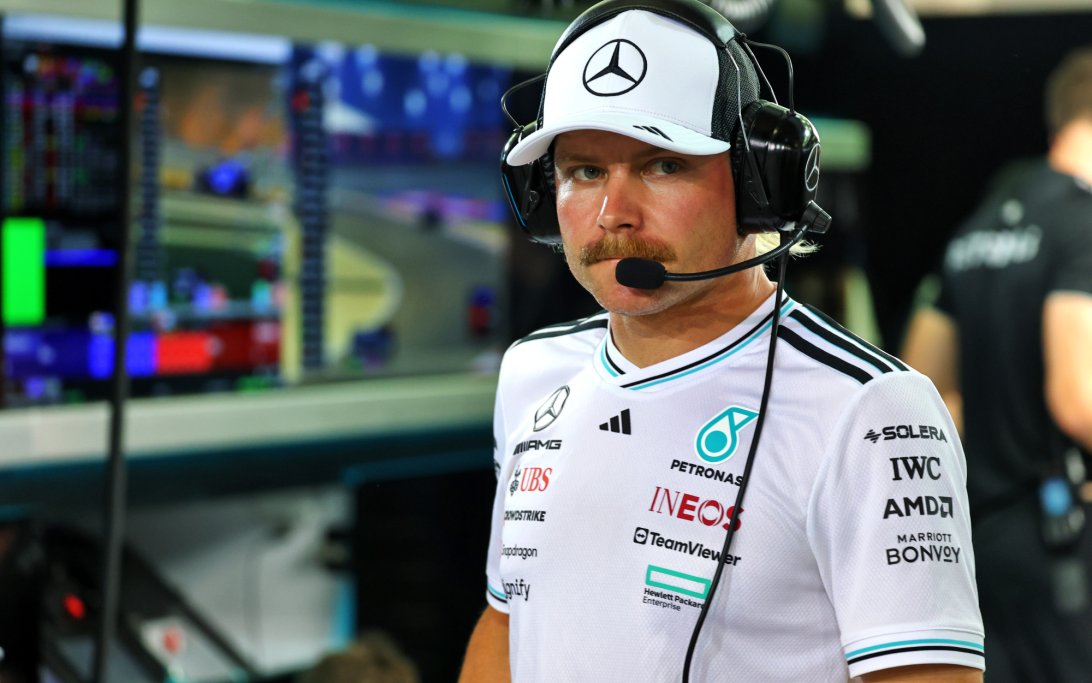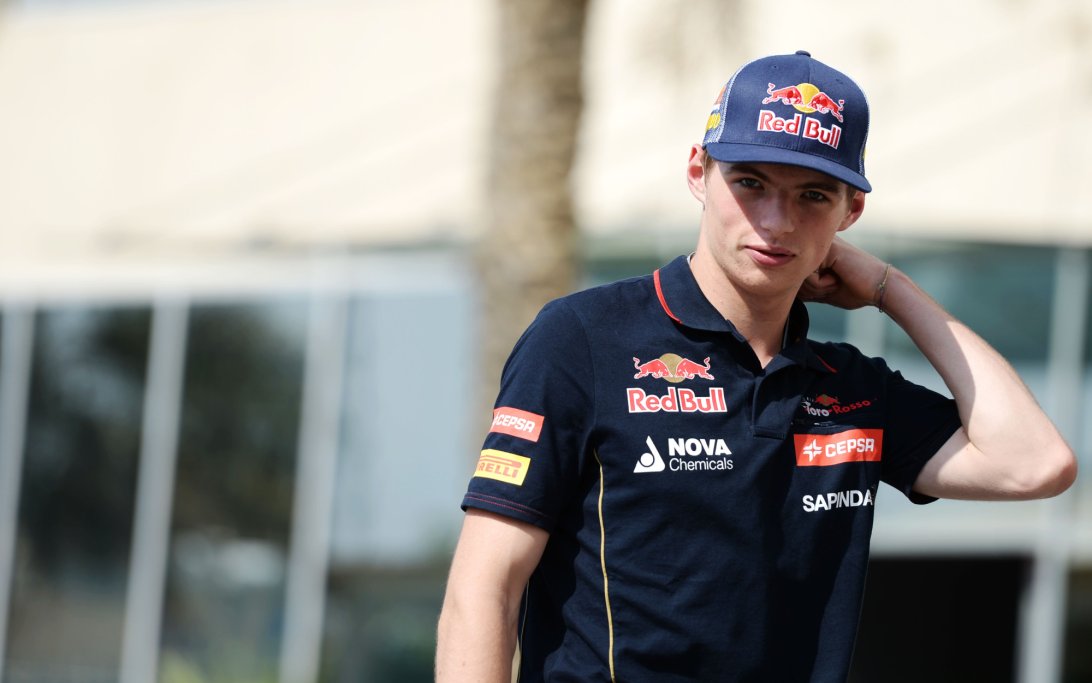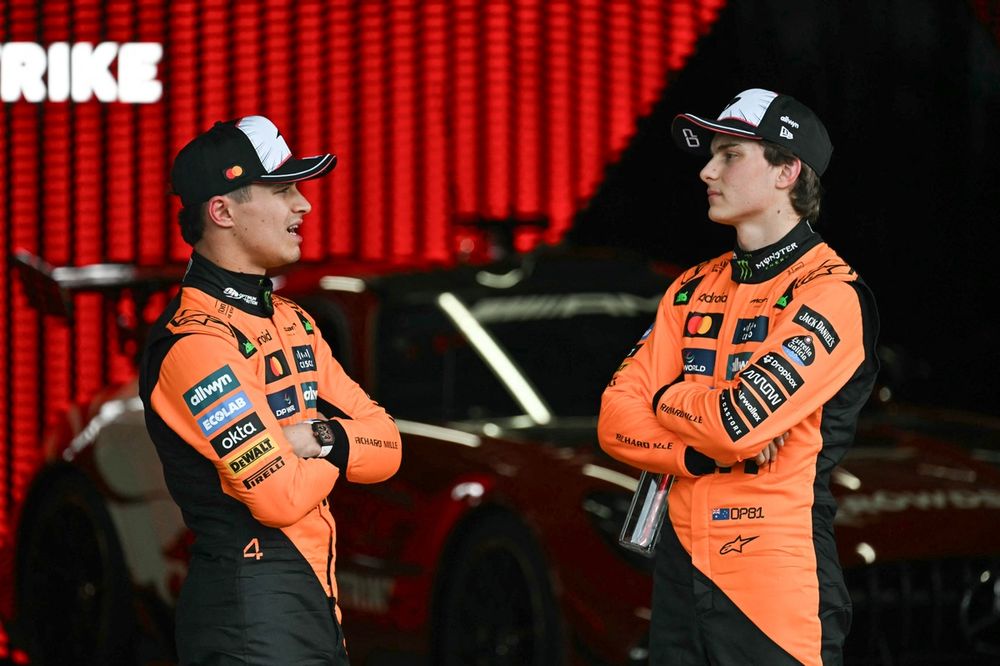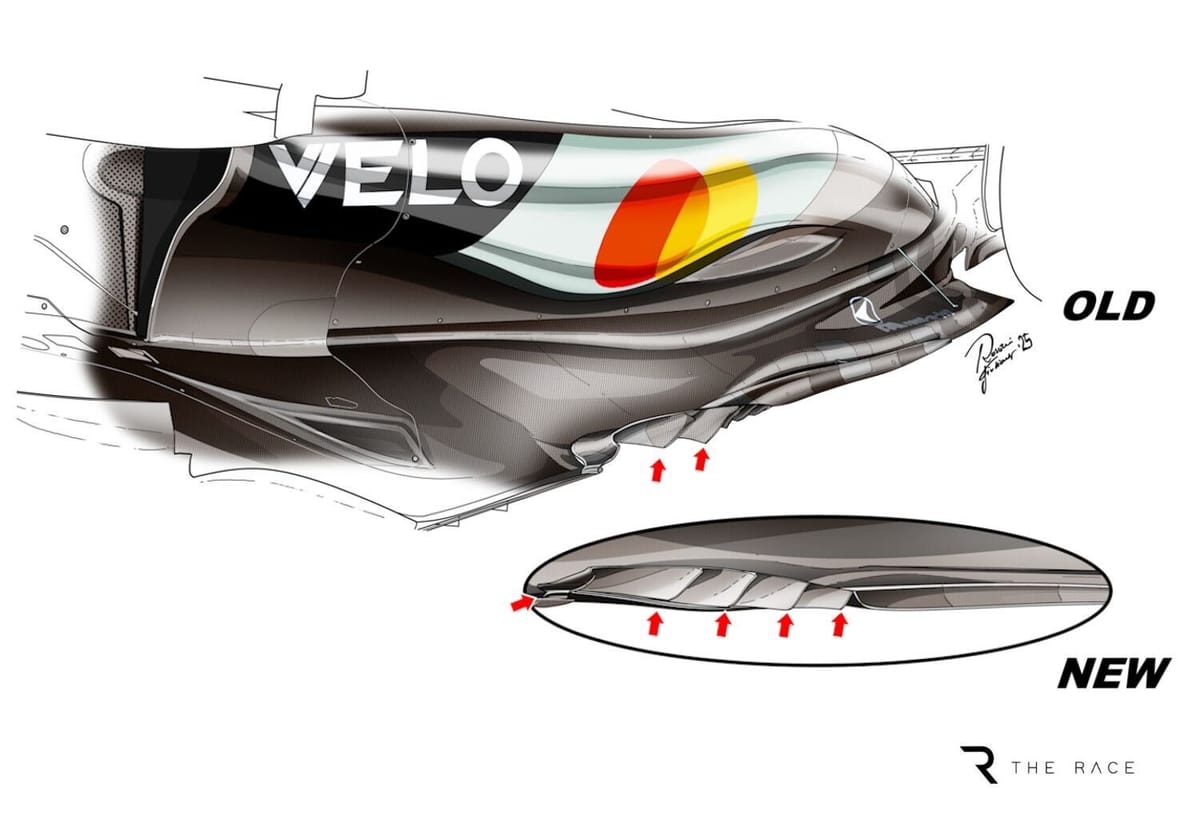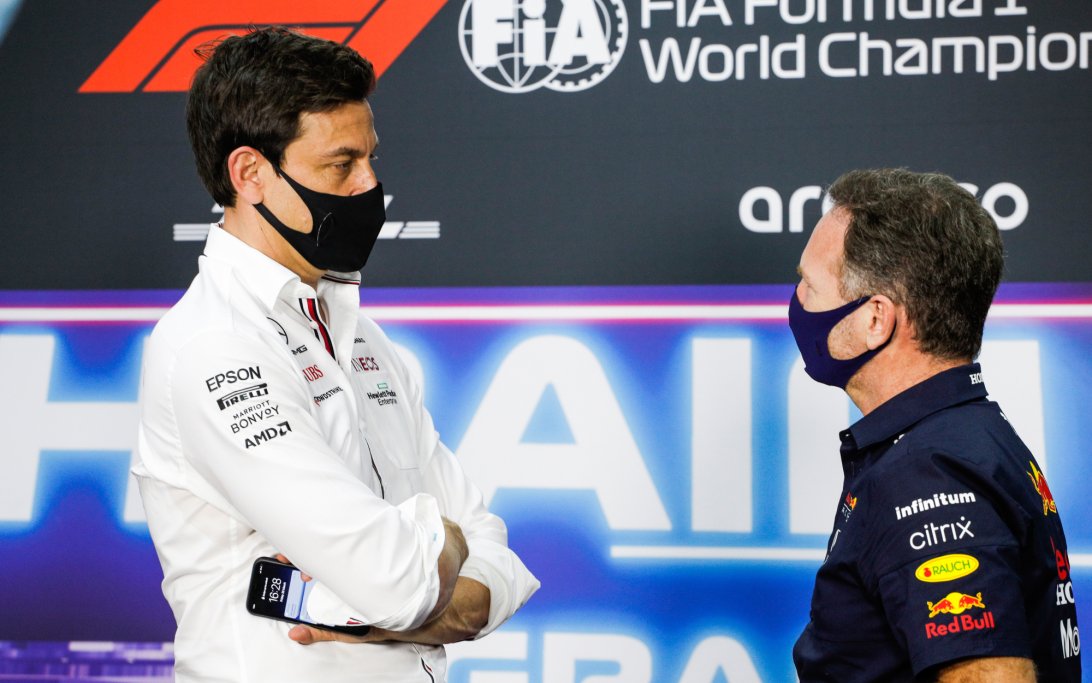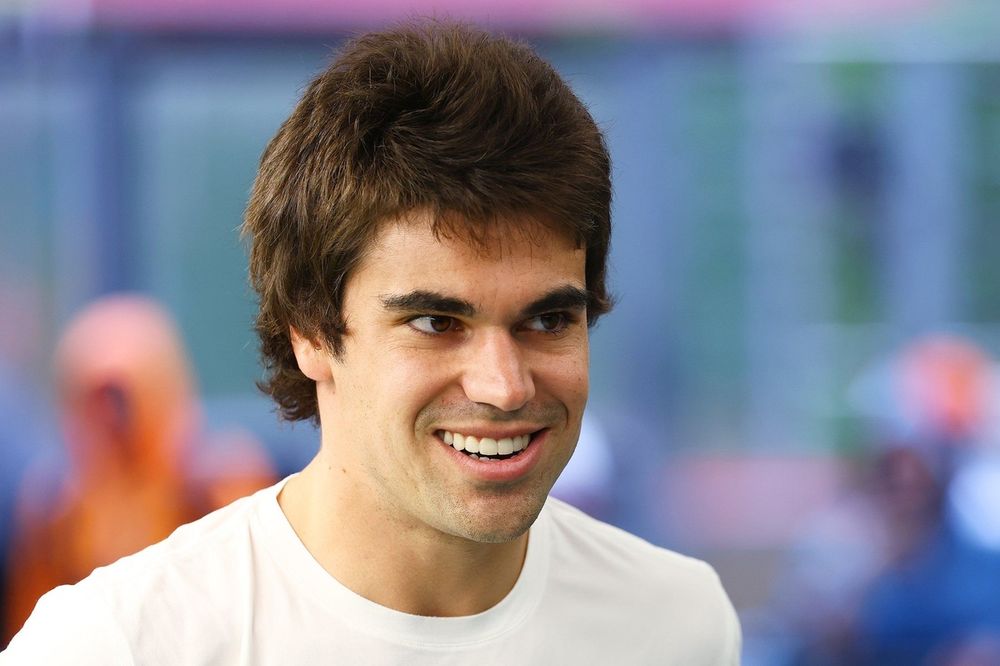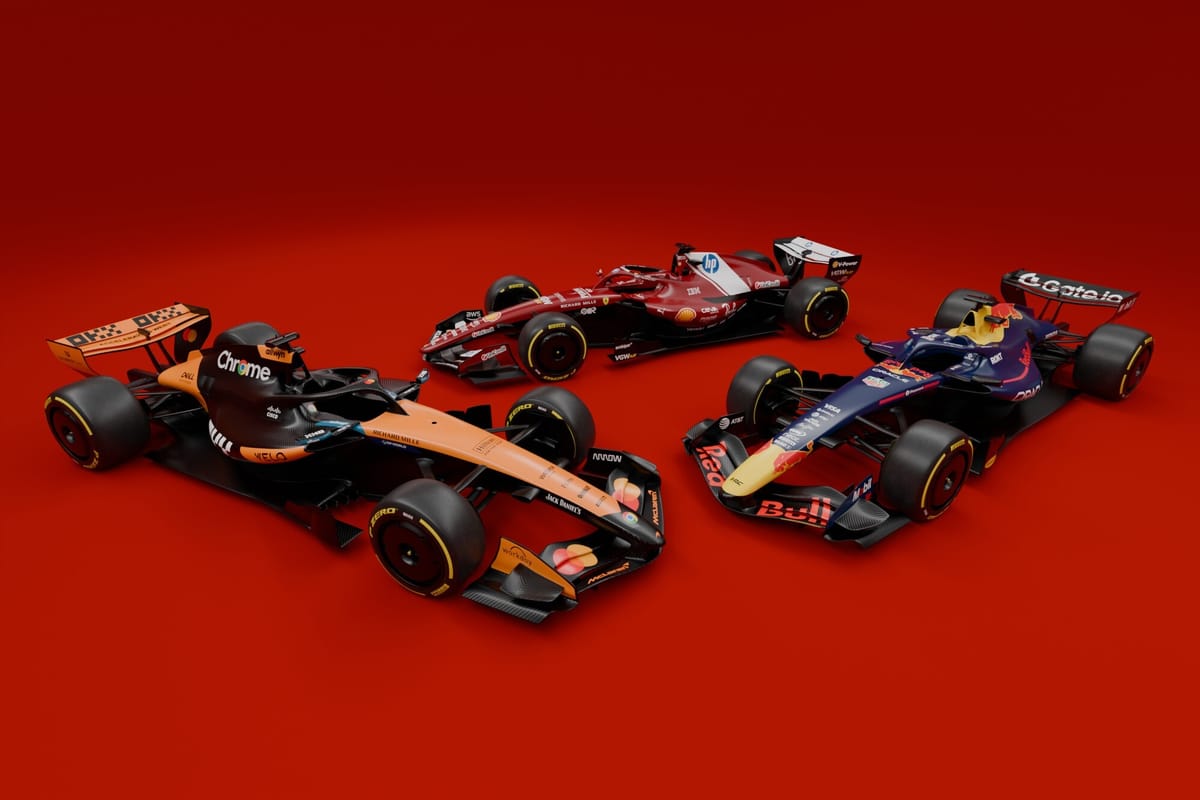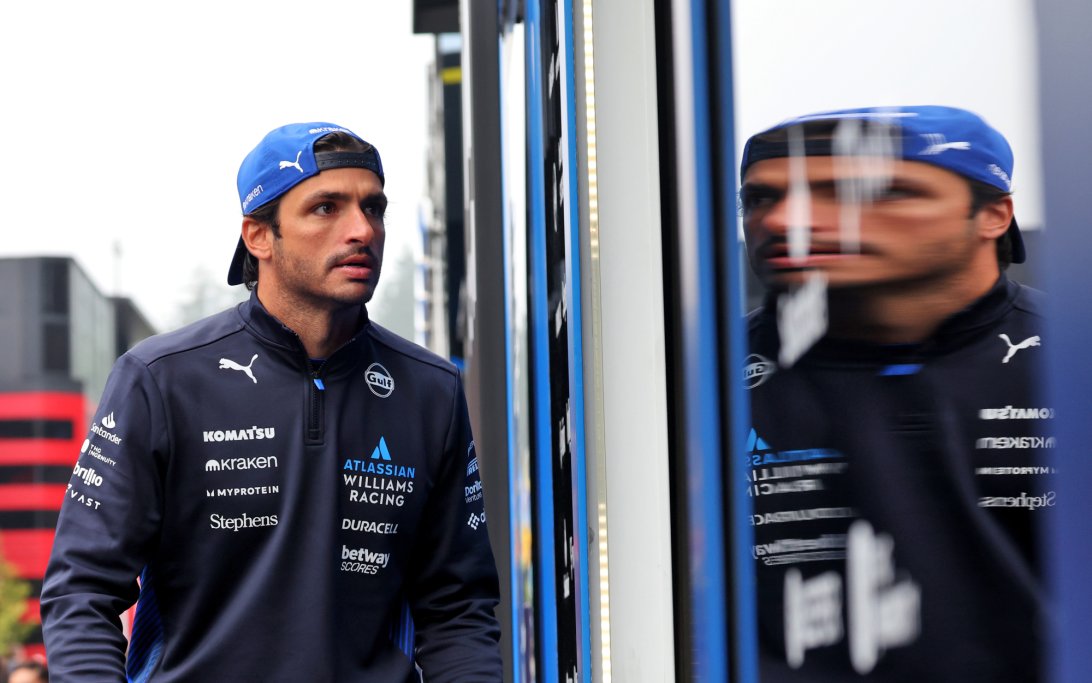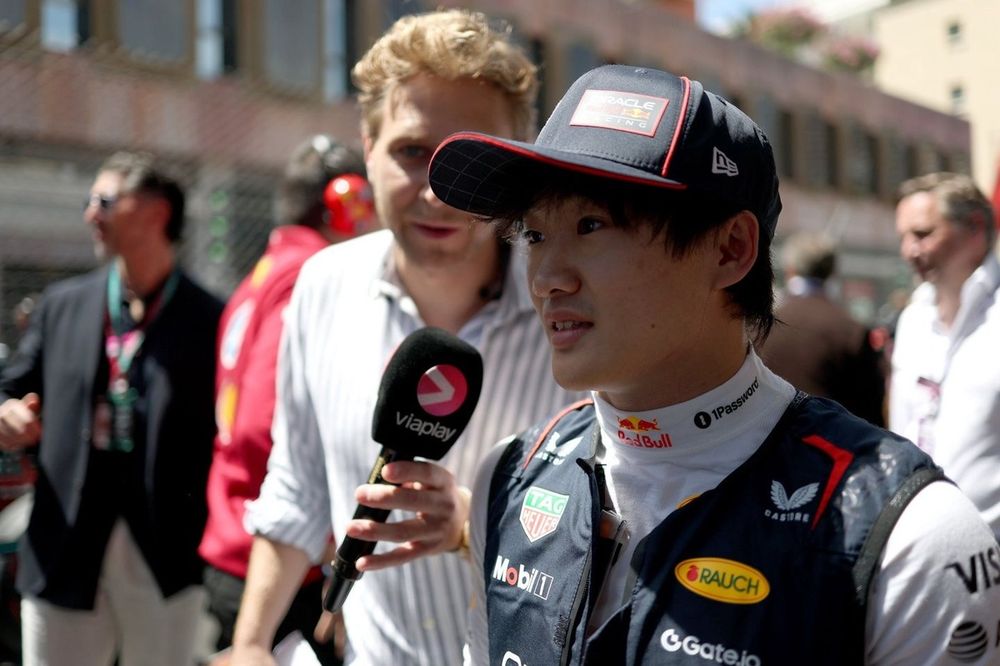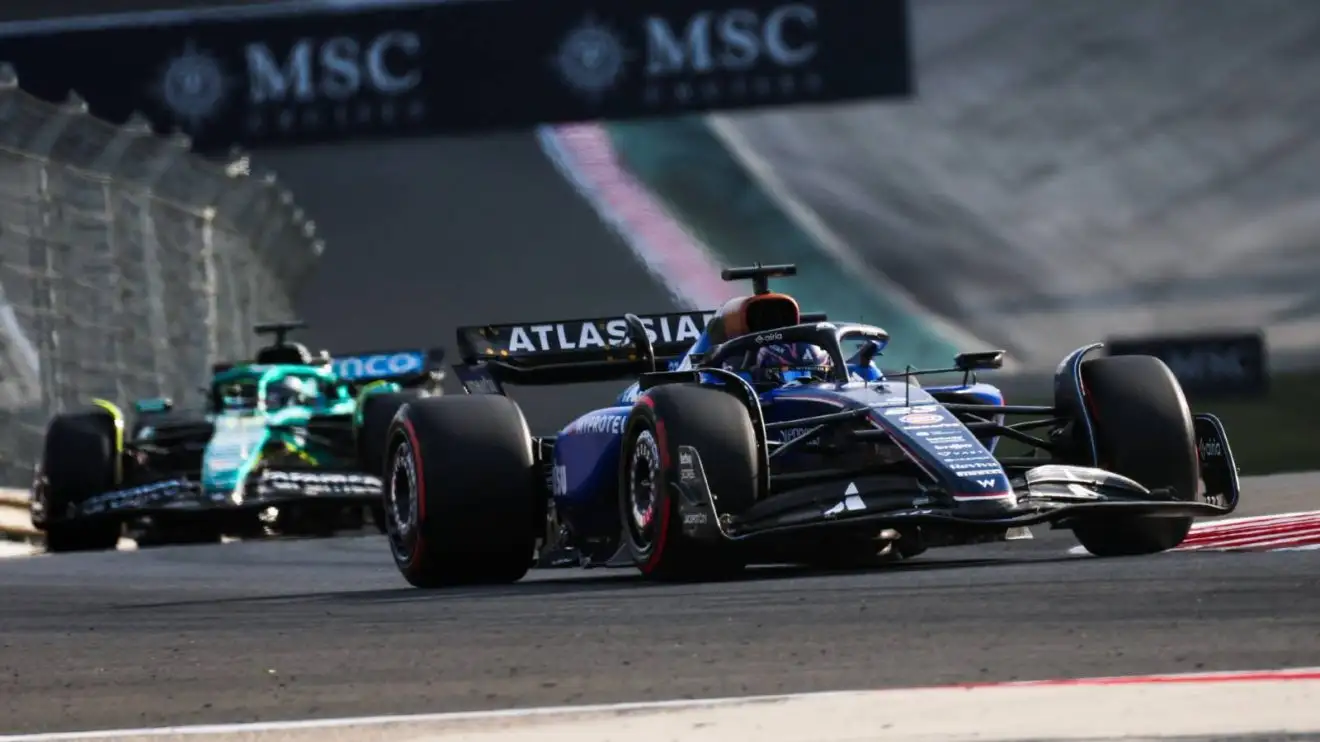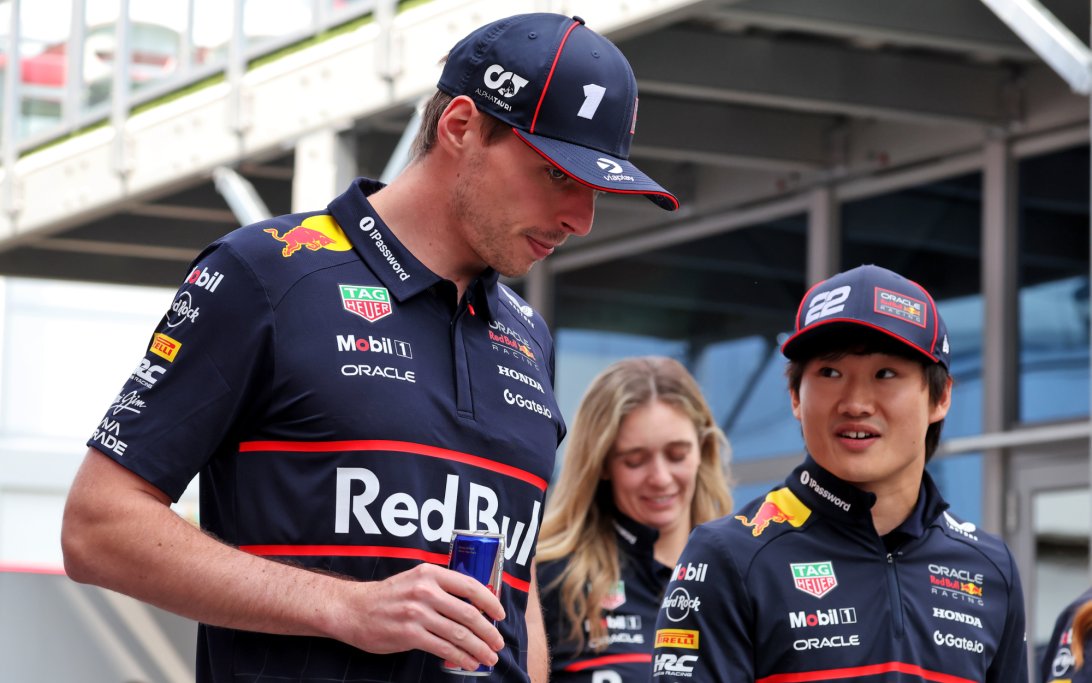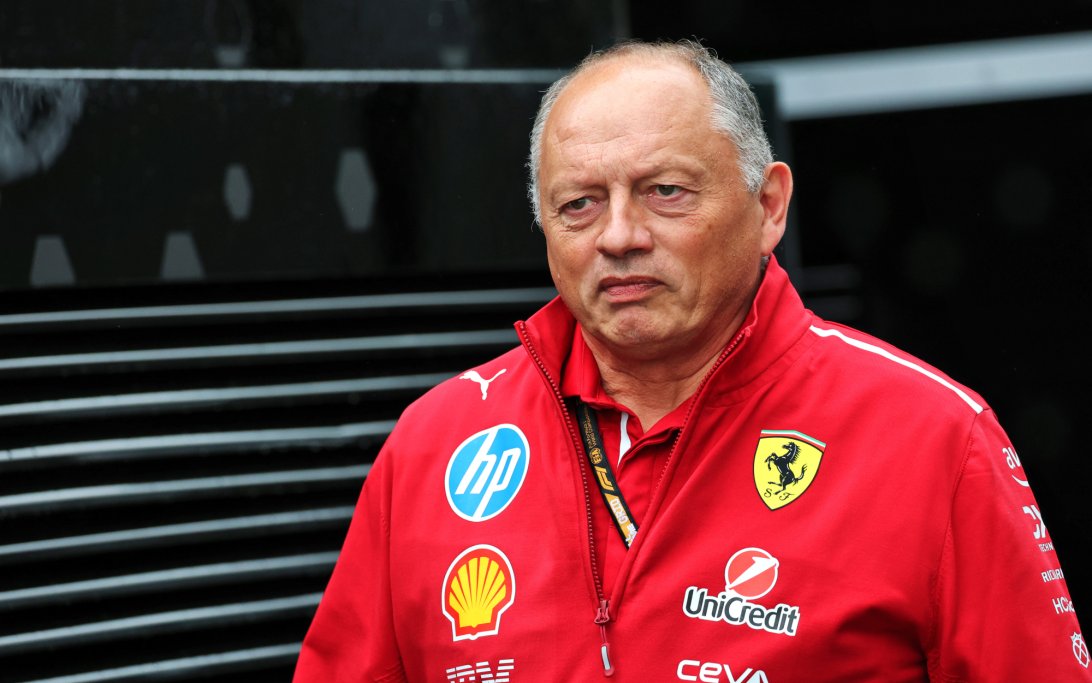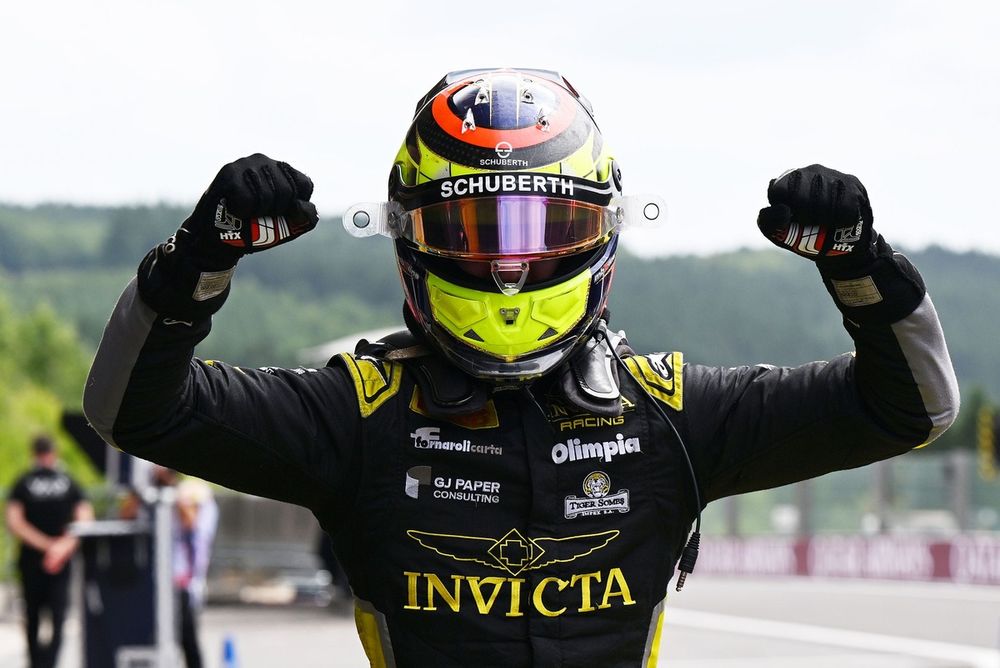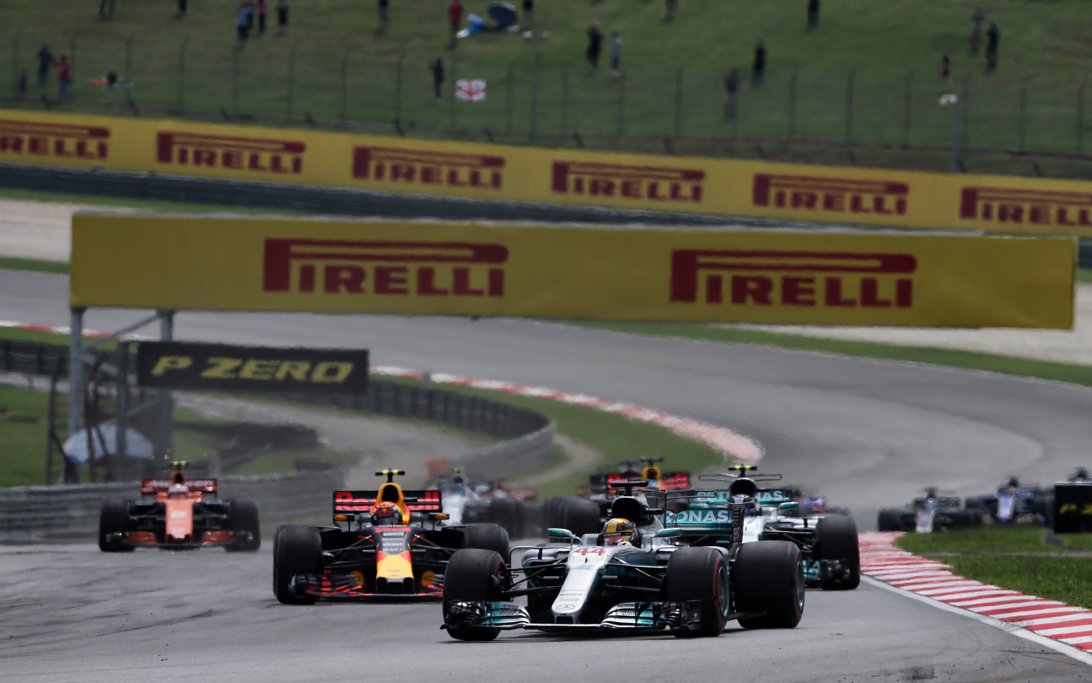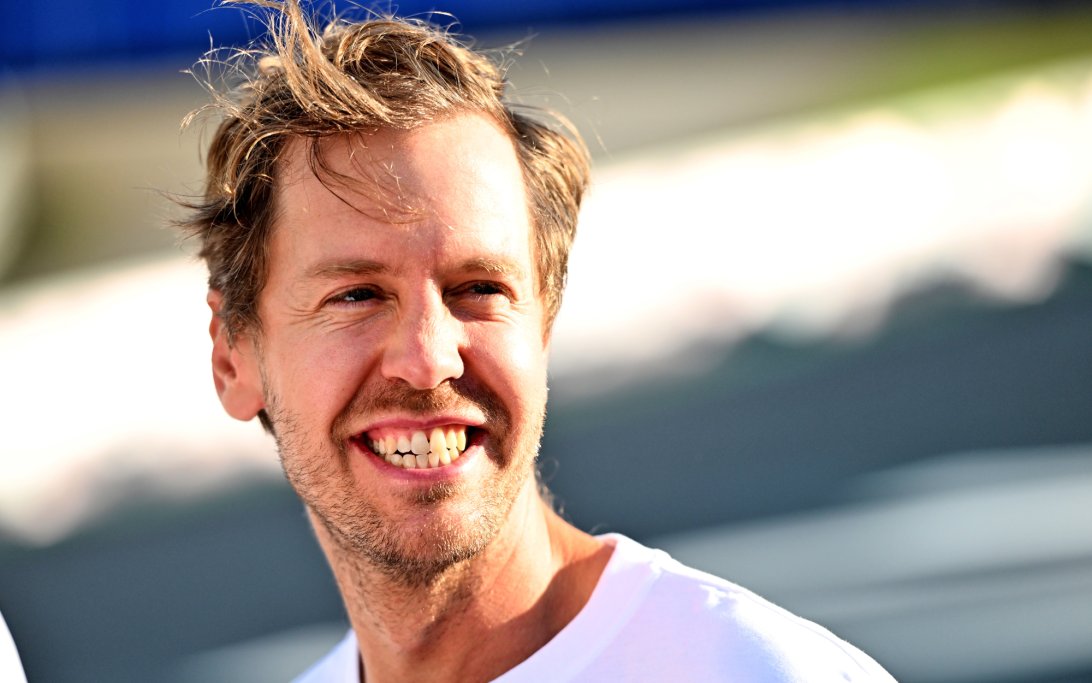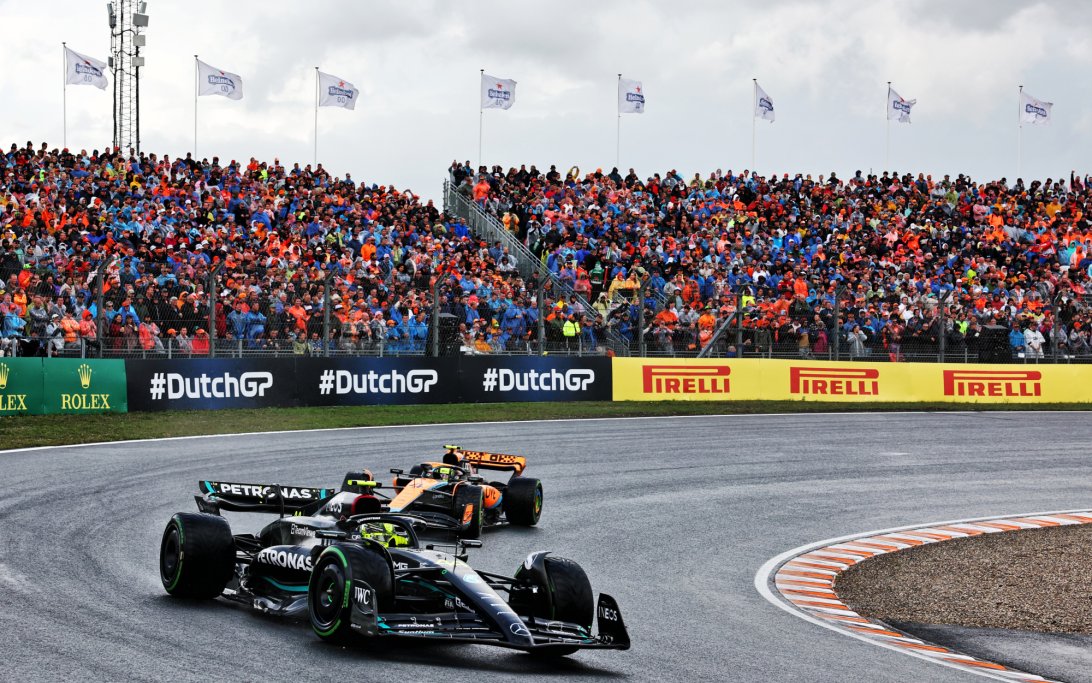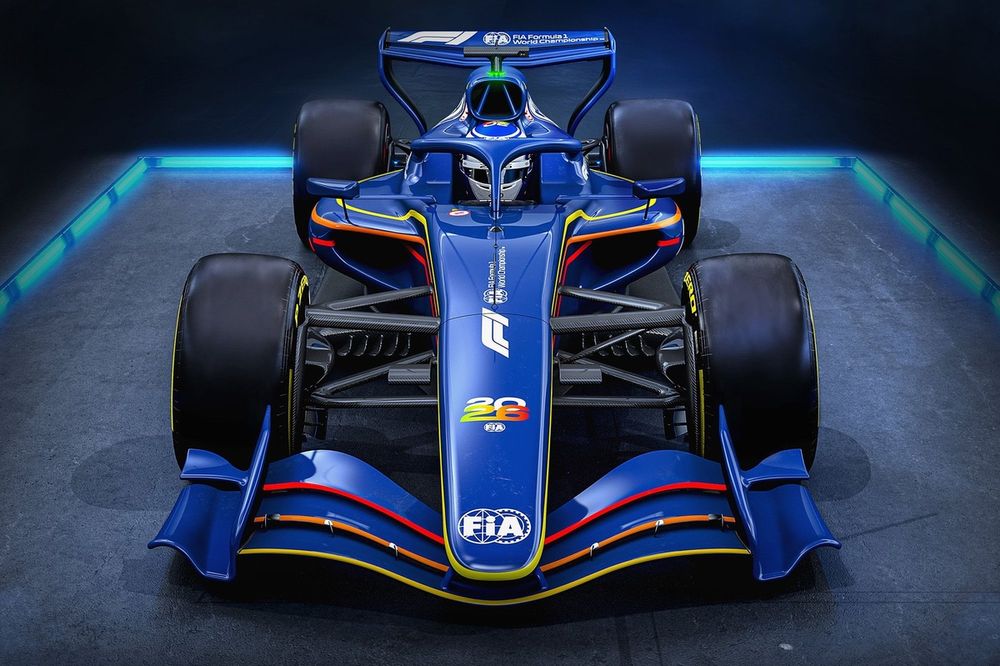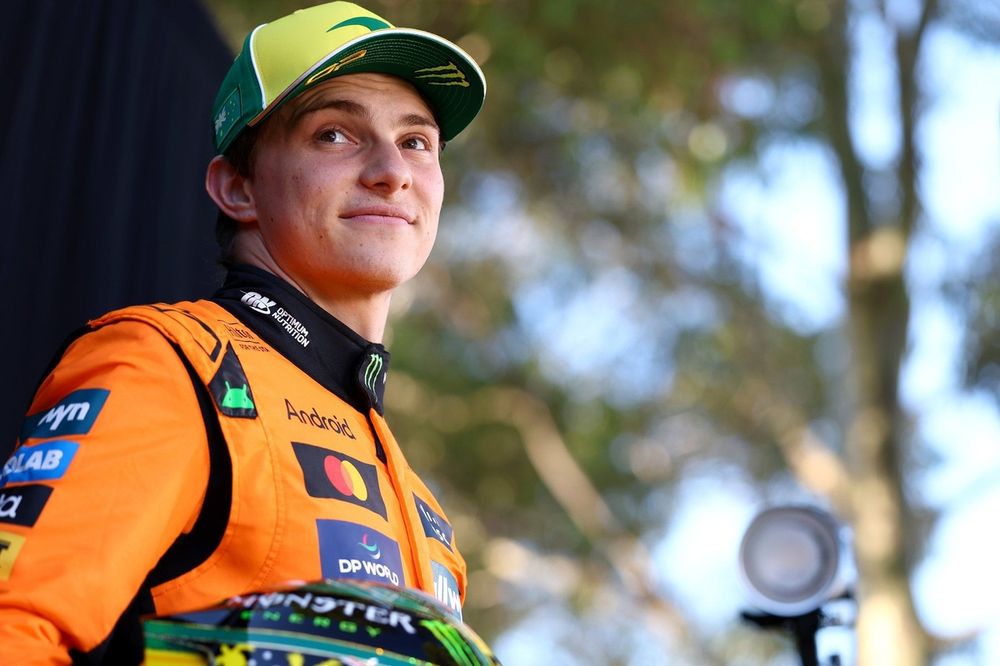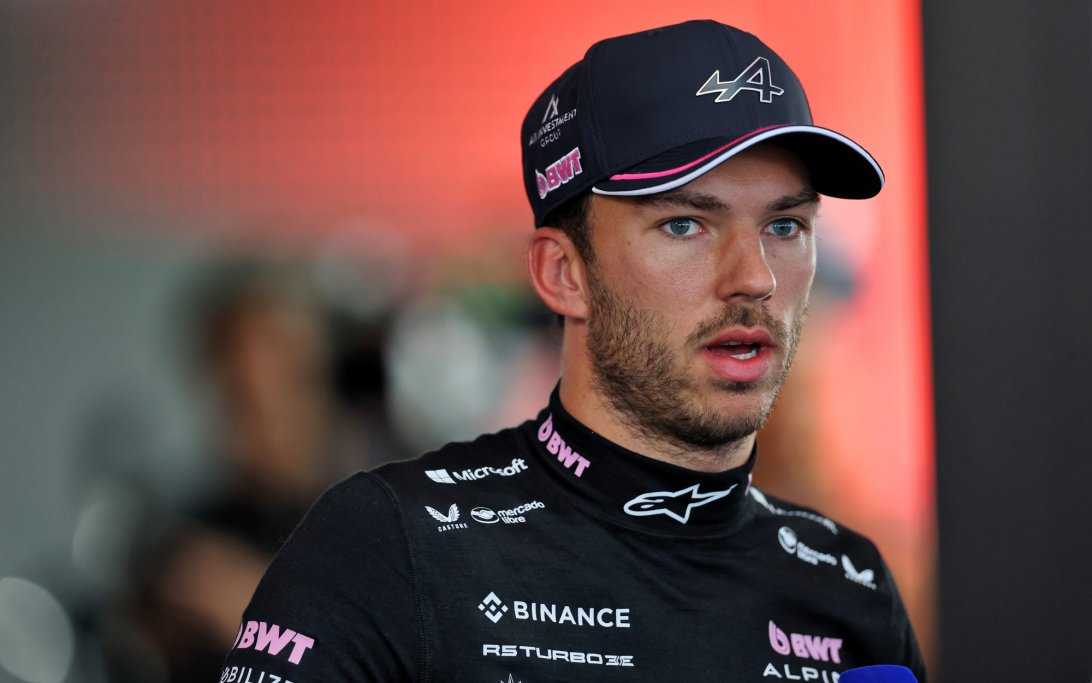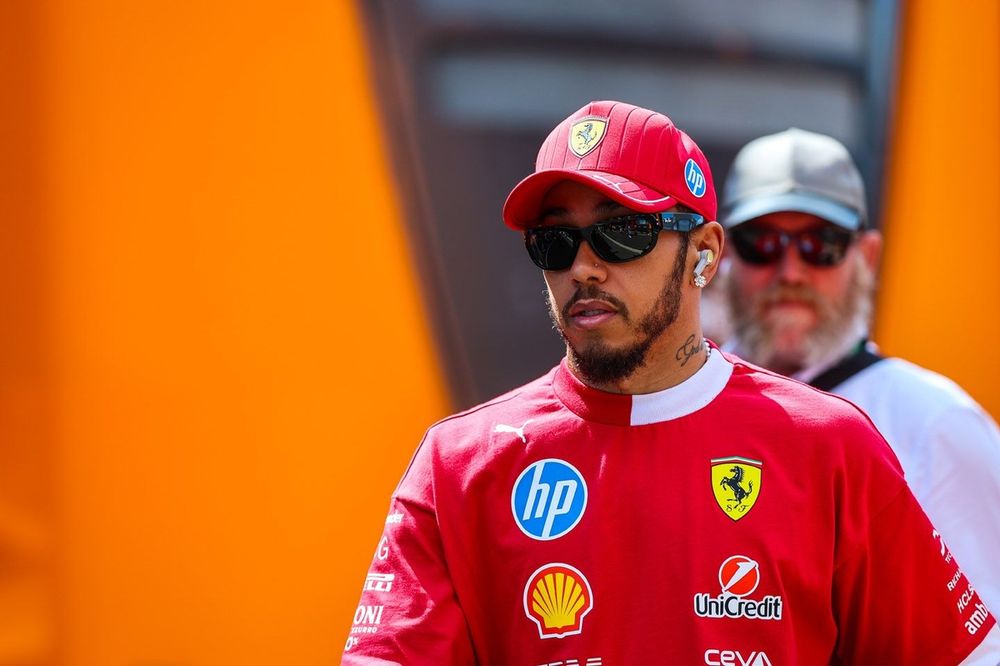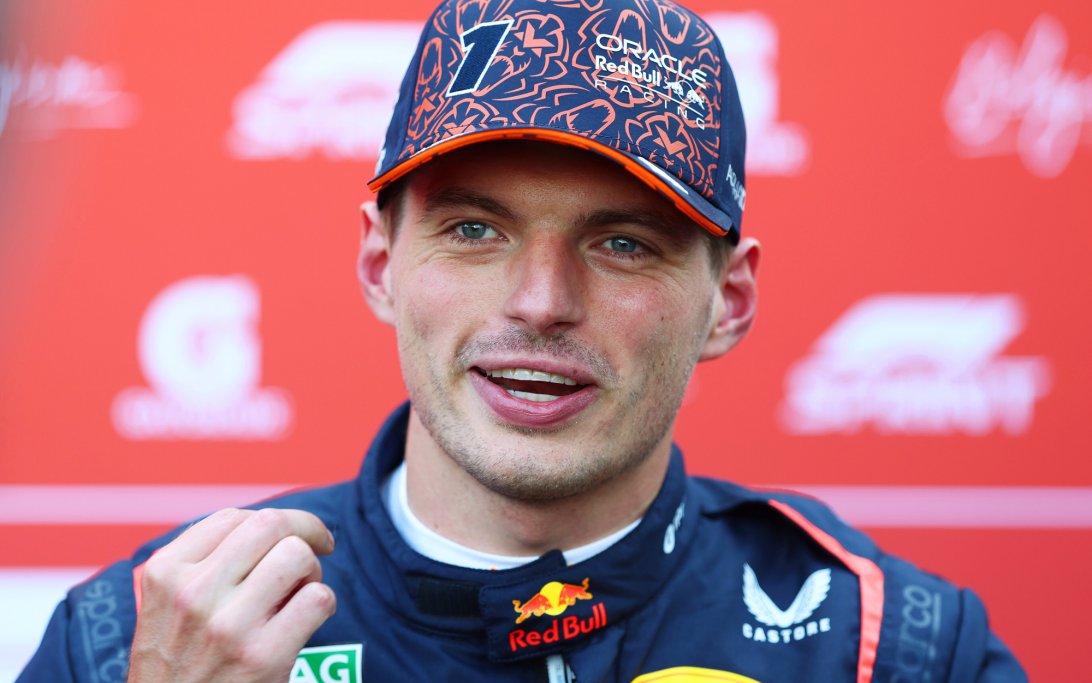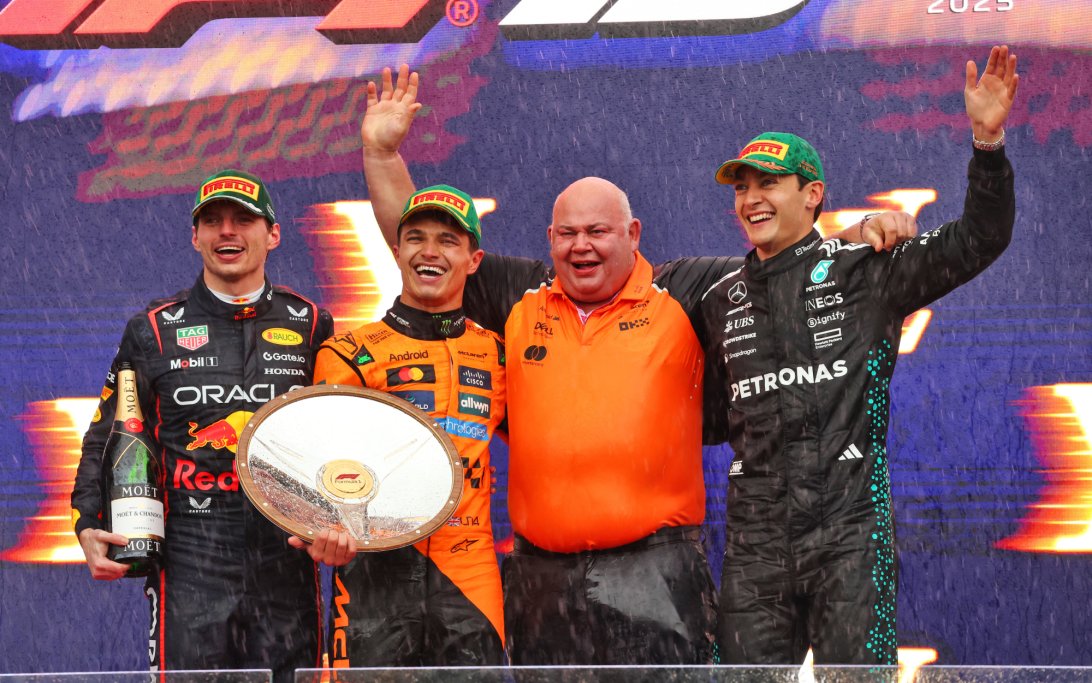On August 18, 2014, Toro Rosso made a groundbreaking announcement: 16-year-old Max Verstappen would join their F1 team the following year. This decision sparked a significant debate across the motorsport world.
Why it matters
Verstappen's signing meant he would become by far the youngest driver in Formula 1 history. At the time, he was still competing in his first full season of single-seater racing in the European Formula 3 Championship, with no experience in a car exceeding 230 horsepower, let alone an F1 machine.
The context
Red Bull's motorsports advisor, Helmut Marko, was convinced by Verstappen's extraordinary performance at the Norisring. This led to Red Bull recruiting him into their junior team and subsequently offering him an F1 seat for the 2015 season. Then-Toro Rosso team principal Franz Tost expressed enthusiasm for the Red Bull Junior Programme's success in nurturing young talent.
The debate
Despite the team's optimism, the announcement drew widespread criticism and concern:
- Mika Hakkinen, two-time champion: "It's too young because in F1, the risk is high. In F1 you don't go to learn, you have to be ready. F1 doesn't allow you to do too much learning."
- Jean Todt, FIA president: Concurred that Verstappen was "too young" for a full-time drive.
- FIA action: In response to the outcry, the FIA introduced more stringent criteria for drivers to obtain a super license, requiring a minimum age of 18, among other factors.
- Other former drivers: Jacques Villeneuve and David Coulthard also voiced concerns about Verstappen's ability to handle the immense pressure of an F1 seat at such a tender age.
The outcome
Verstappen debuted at the Australian Grand Prix in 2015. Just over a year later, his exceptional talent earned him a promotion to Red Bull Racing, where he has since become one of the sport's most dominant figures. He has secured four World Championships and over 60 Grand Prix victories, definitively proving his critics wrong.

